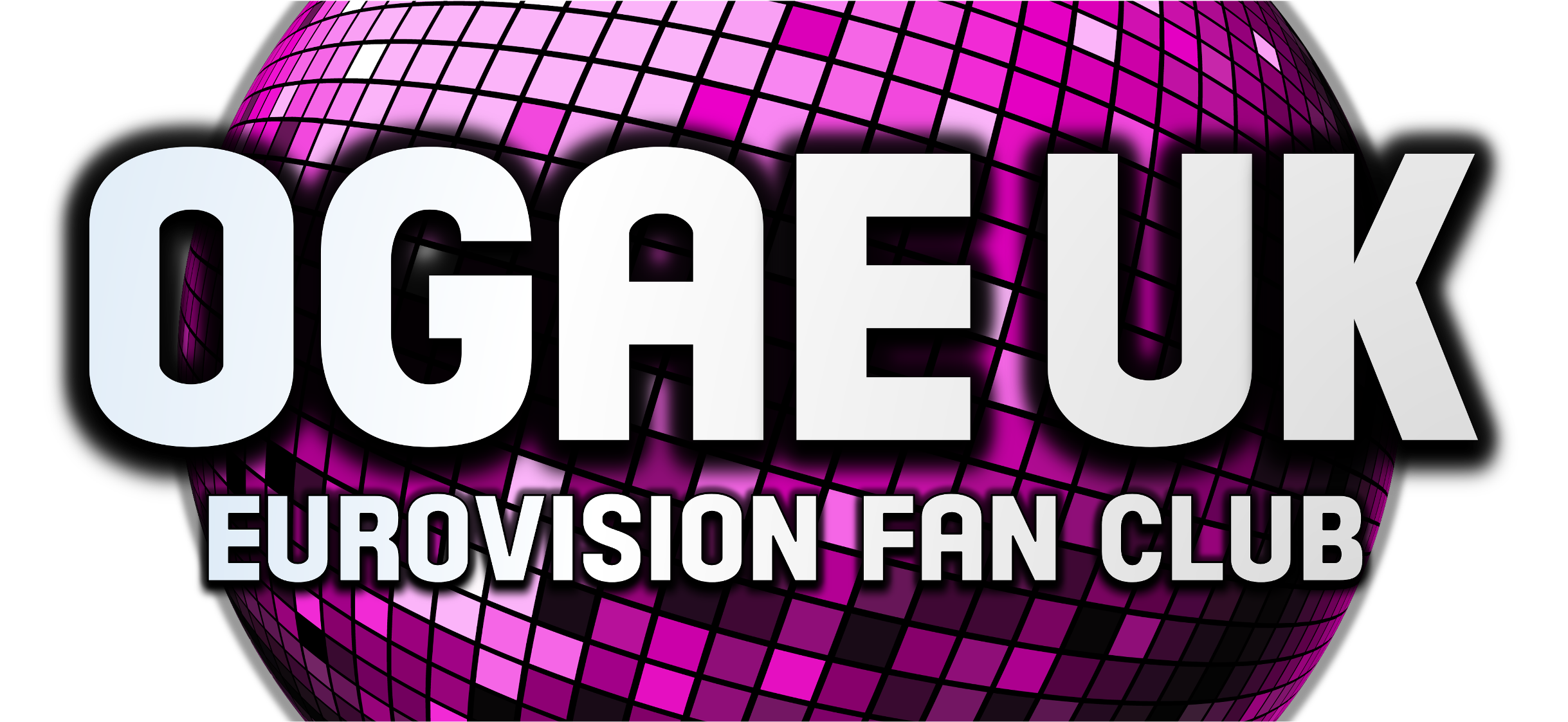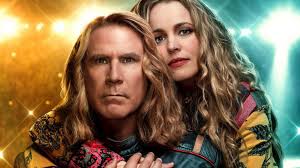It’s the answer many of us in the UK wished we knew the answer to. What makes a Eurovision hit?
To coincide with the launch of new Netflix film Eurovision Song Contest: The Story of Fire Saga, musicologist Dr Joe Bennett (Professor of Professional Music, Berklee College USA) has analysed over 250 songs from the past ten years of Eurovision to discover the characteristics that attract the most votes in the contest.
OGAE UK caught up with Dr Bennett to see if we can get any tips on just what makes a great Eurovision song.
What prompted you to carry out this research?
A lot of my academic research relates to how songwriters create their work, and what makes people like particular songs. I have a background as a music transcriber, so I find it interesting to work out the specific notes, chords, tempos and lyrics that make a song work. Eurovision seemed like a great case study because the songs are all in one place, and we have a simple measure of success through the voting points system. Plus I love the Contest’s light-hearted sense of fun!
Why do you think slower and sadder songs have become more successful in recent years?
I speculate that Eurovision behaves like a Darwinist ecosystem. There are a number of dominant species (song types), then now and again we have a slight deviation from the norm, which happens to be better suited to the environment – that is, the audience’s preferences at that time. When that happens, we see that idea reproduce and become successful. Some scholars call this memetics, meaning that an idea behaves like a gene in its self-propogation.
What makes a winning song?
Impossible to answer! Our research shows lots of examples of the kind of songs that audiences like, including big ballads and danceable euro-pop, and lots of examples of song types that they like less often, for example rock and country. So we can see tendencies, but predicting the winner is not a science. When the craft of a great songwriter and performer come together to create something that appeals to millions of people, that’s still slightly mysterious!
How is this likely to develop in the coming years – who are the countries to watch? Will we see new genres become successful?
We are starting to see Eurovision being influenced by mainstream pop, certainly in terms of production values. For example, since the huge worldwide success of Despacito, there have been a lot more reggaeton and Latin-influenced beats in the competition. So whatever’s happening in mainstream pop right now, it’s a fair bet that you’ll hear an echo of it in Eurovision, a couple of years later. As for countries, I always keep an eye on Sweden and Azerbaijan. Both statistically and artistically they consistently do very well.
And it may be fiction…but what does your research tell you about the songs in Story of Fire Saga?
The movie does an amazing job of capturing the spirit, and breadth, of the songs we hear in the contest. All of the archetypes we identified are there, including ballads, ethno-pop and anthems. My personal favourite in the movie is the deliberately-dreadful ‘Ja Ja Ding Dong’, the song the Icelandic locals force Lars and Sigrit to sing over and over again in the local tavern. It’s a perfect parody of the singalong Schlager style of 1970s Eurovision.
We’d like to thank Dr Bennett for taking the time to answer our questions – you can read a full list of the findings of his research here.

